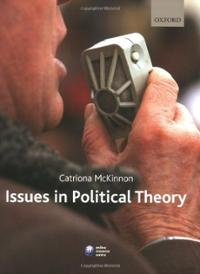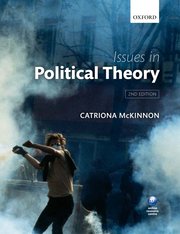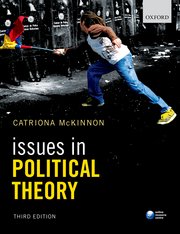chapters
-
Feminism and Liberalism
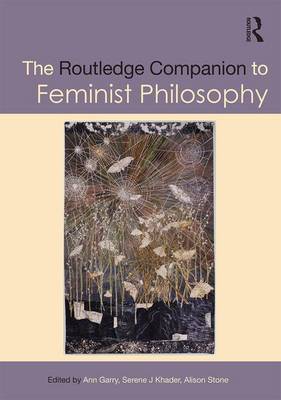 In Routledge Companion to Feminist Philosophy, edited by Serene Khader, Ann Gary, and Alison Stone (Routledge, 2017).
In Routledge Companion to Feminist Philosophy, edited by Serene Khader, Ann Gary, and Alison Stone (Routledge, 2017).For some feminists liberalism is little more than patriarchy in disguise; for others, it is the framework for securing justice. Feminism, like all other positions in political philosophy, is a range of views rather than a single determinate viewpoint. One aspect of this range is that feminism includes both academics and activists, for whom the term ‘liberalism’ can signify rather different things; after all, liberalism is not one single thing either.
In this chapter I start by considering feminist criticisms of liberalism. I discuss two aspects of feminist critique: first, academic feminist critiques of non-feminist liberal philosophy; second, activist feminist critiques of what is variously called “choice feminism”, “third-wave feminism”, or simply “liberal feminism”.
I then move to those feminists who endorse liberalism and argue that a suitably modified liberalism offers the best path to gender equality. This position, “feminist liberalism,” is mostly found in contemporary Anglo-American political philosophy. Feminist liberals understand liberalism as a commitment to substantive, demanding principles of justice based on freedom and equality. Included in this section are those feminist approaches that combine radical feminism’s insights about the limitations of individual choice with feminist liberalism’s commitment to autonomy, equality, and justice.
See more about the book here.
-
Judith Butler’s Gender Trouble
In The Oxford Handbook of Classics in Contemporary Political Theory, edited by Jacob T. Levy (OUP, forthcoming).
This chapter provides a critical introduction to Judith Butler’s classic work Gender Trouble, including an analysis of the impact it has made on political theory.
The chapter is online first and you can read it here.
-
Feminism
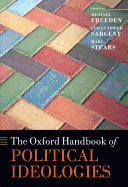 This chapter sets out the state of contemporary feminism, including considering the sense in which it is and is not an ideology. It argues that contemporary feminism must argue against two patriarchal claims: The Prison of Biology and The Fetishism of Choice. In their place, feminism argues for three theses: The Entrenchment of Gender, The Existence of Patriarchy, and The Need for Change.
This chapter sets out the state of contemporary feminism, including considering the sense in which it is and is not an ideology. It argues that contemporary feminism must argue against two patriarchal claims: The Prison of Biology and The Fetishism of Choice. In their place, feminism argues for three theses: The Entrenchment of Gender, The Existence of Patriarchy, and The Need for Change.You can read the chapter here.
-
What kind of dialogue do we need? Gender, deliberative democracy and comprehensive values
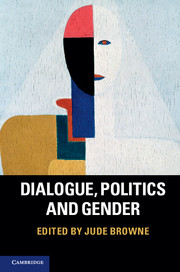 (with Phil Parvin) in Jude Browne (ed.) Dialogue, Politics and Gender (Cambridge University Press, 2013).
(with Phil Parvin) in Jude Browne (ed.) Dialogue, Politics and Gender (Cambridge University Press, 2013).This paper claims that a focus on gender as a source of controversy, and on feminism as a theoretical and practical approach, prompts a rethinking of the role of dialogue away from the liberal constitutionalist focus of deliberative democracy and towards a more fluid, reflexive approach.
-
Gender
Catriona McKinnon (ed.) Issues in Political Theory (Oxford University Press, 2008, 2nd edition 2011).
This textbook from OUP introduces the key issues and themes in political theory
through chapters and case studies written by a variety of international political philosophers. My chapter on gender discusses issues such as the varieties of feminism, the family and care, sex and violence, legal equality, and has a special case study on pornography. -
All must have prizes: the liberal case for intervention in cultural practices
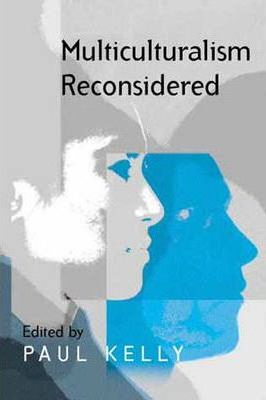 Paul Kelly (ed.) Multiculturalism Reconsidered: Culture and Equality and its Critics (Polity Press, 2002).
Paul Kelly (ed.) Multiculturalism Reconsidered: Culture and Equality and its Critics (Polity Press, 2002).This paper highlights a rare aspect of Brian Barry’s Culture and Equality that is not liberal enough: his assertion that unequal outcomes are unproblematic if they have been chosen. The paper argues instead that an ‘equality tribunal’ should be empowered to rule against certain forms of discrimination within groups.
